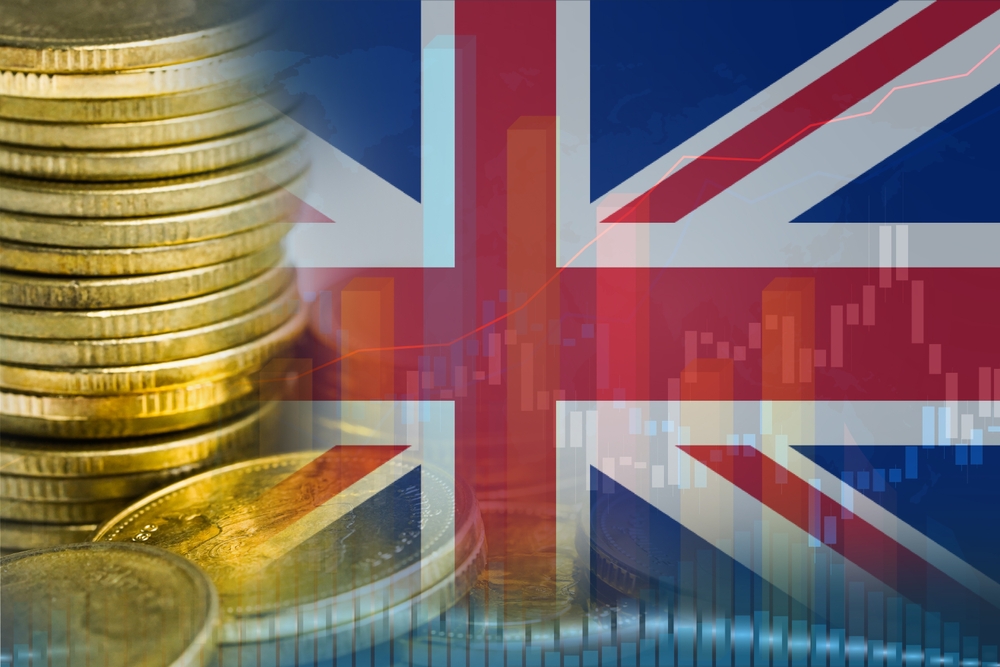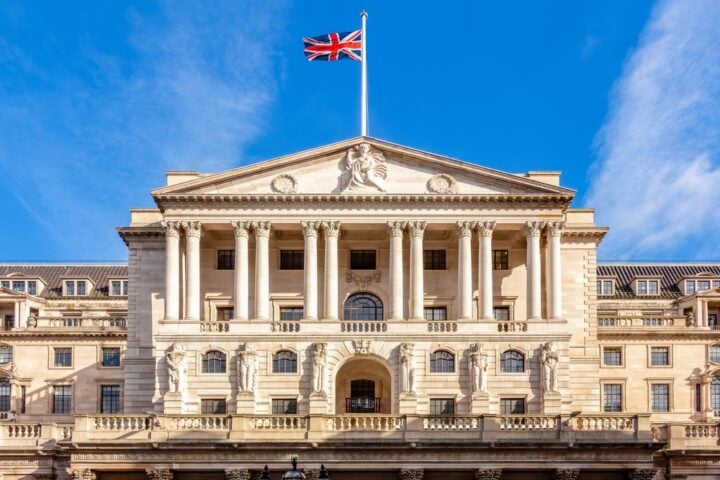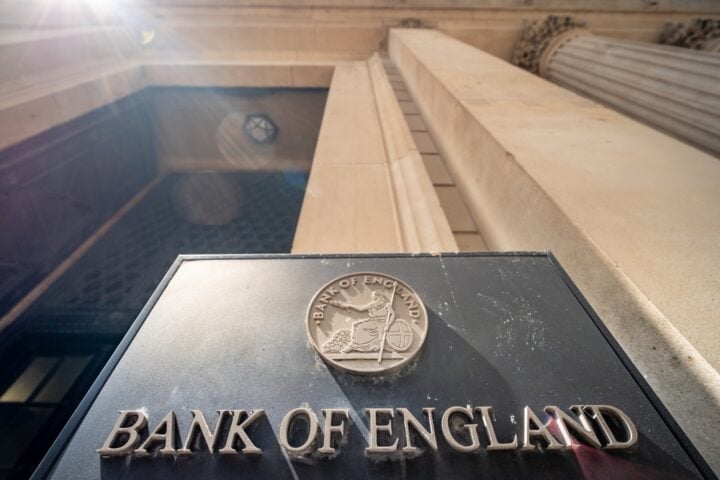Inflation in the United Kingdom has fallen to its lowest level in over three years, according to official data released on Wednesday. The decline in consumer prices has solidified market expectations that the Bank of England (BoE) will reduce interest rates at its upcoming policy meeting in November. This would mark the second consecutive rate cut by the central bank, as it seeks to support the economy amid easing price pressures.
A Bigger-Than-Expected Drop in Inflation
The Office for National Statistics (ONS) reported that consumer prices rose by 1.7% in September, down from 2.2% in August. This drop was larger than the 1.9% increase analysts had anticipated, and it represents the first time inflation has fallen below the BoE’s target rate of 2% since 2021. The lower inflation is largely attributed to decreased airfares and petrol prices, although a general easing of price pressures across various sectors also played a role.
The services sector, which constitutes about 80% of the U.K. economy, experienced a slowdown in price growth—a development that has been closely monitored by policymakers due to its significant impact on overall economic health.
Bank of England Set to Cut Rates Again
Given the recent inflation data, the BoE is widely expected to lower its main interest rate to 4.75% from 5% during its meeting in early November. The central bank had previously reduced borrowing costs in August, marking the first such cut since the onset of the COVID-19 pandemic in early 2020.
“A quarter-point rate cut in November is now effectively a done deal, and this report certainly makes the path to a consecutive cut in December much clearer,” said Luke Bartholomew, deputy chief economist at abrdn.
The anticipated rate cut in November aligns with broader global trends. Central banks around the world, including the U.S. Federal Reserve and the European Central Bank (ECB), have been gradually reducing interest rates after a period of rapid increases. These hikes were initially implemented to curb inflation, which spiked due to supply chain disruptions and the energy crisis triggered by Russia’s invasion of Ukraine.
Economic Implications and Policy Outlook
The timing of the BoE’s next policy move will coincide with the release of the U.K. government’s budget on October 30. The new Labour government, led by Treasury chief Rachel Reeves, has highlighted the need to address a £22 billion ($29 billion) gap in public finances. This may involve tax increases and spending cuts, measures that could put additional pressure on the British economy in the near term and contribute to further easing of inflation.
For Reeves, the lower September inflation rate provides a potential boost as she prepares to present her first budget. Many government benefits are tied to the September inflation rate, meaning the recent dip could help reduce debt-related interest payments and offer more fiscal flexibility.
However, the timing of this decline is less fortunate for many of the U.K.’s most vulnerable households. Since benefits are pegged to the inflation rate in September, they will rise by a lower amount next year. Had benefits been linked to the expected higher inflation rate in October—when domestic energy bills are anticipated to increase—households would have seen a larger boost in support.
“This temporary fall is badly timed for millions of low-to-middle income families as it will result in a lower increase in their benefits next year,” noted Lalitha Try, an economist at the Resolution Foundation.
Challenges Ahead for the British Economy
The recent drop in inflation is a welcome development for the Bank of England, as it seeks to balance the economy’s needs with its mandate to control inflation. However, the challenges for the British economy are far from over. The path forward remains uncertain with a potential slowdown in consumer spending and ongoing concerns about energy costs.
As the BoE prepares for its November meeting, it will focus on navigating these complexities while supporting growth and stability. The expected rate cut would relieve borrowers and businesses, but the broader economic landscape remains challenging, especially for households struggling to keep up with rising costs.







